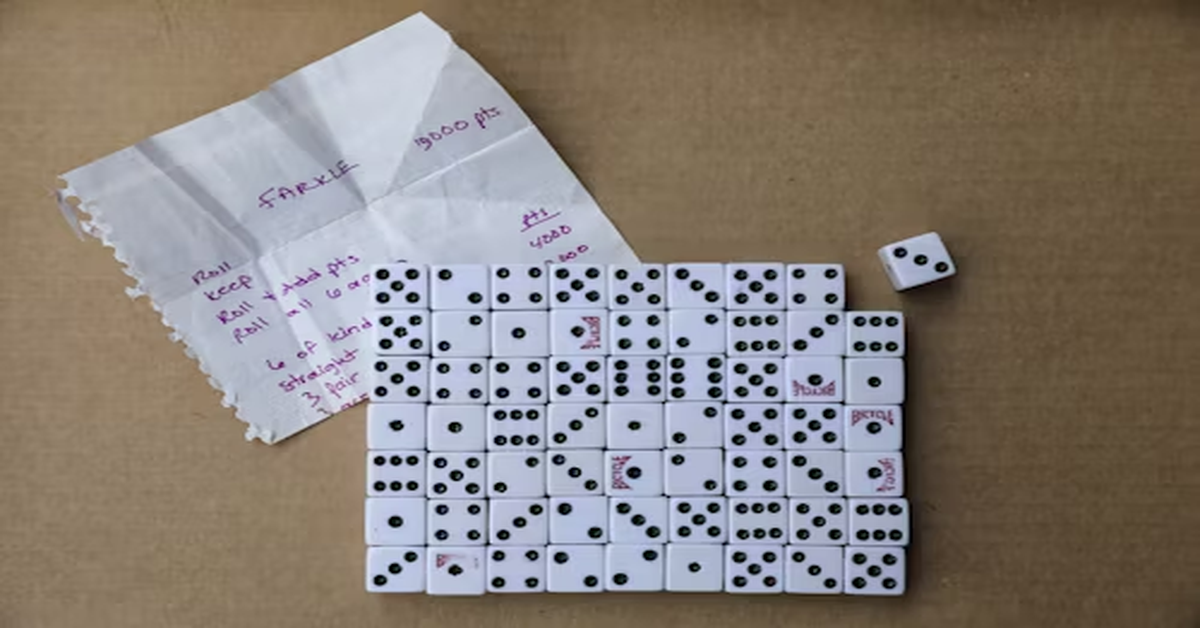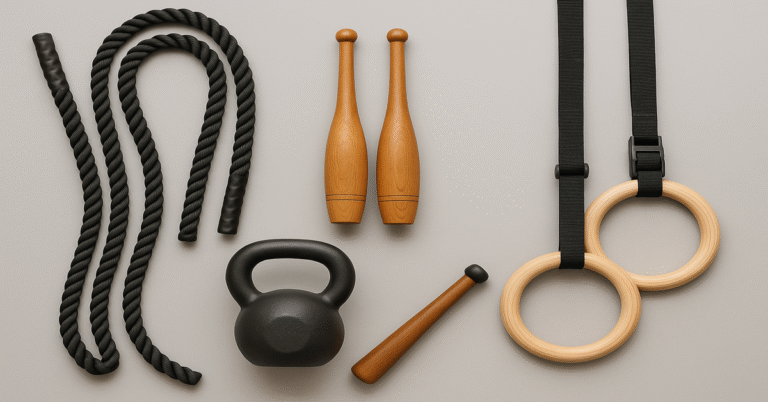
Crossword puzzles have long been a source of mental stimulation, entertainment, and learning. Among the many variations, the mini crossword has gained massive popularity because it is compact, quick to solve, and accessible to beginners and seasoned players alike. Unlike the traditional large crossword grid, which might take hours to complete, mini crosswords usually contain a smaller grid (commonly 5×5) and a limited set of clues. This compact format makes them approachable but no less tricky, as the short word count forces clue makers to be clever and concise.
The concept of a mini crossword hint plays a vital role in solving these puzzles. A hint is essentially a clue that guides solvers toward the answer, often through wordplay, double meanings, synonyms, abbreviations, or cultural references. Understanding how to interpret these hints is crucial for anyone who wishes to consistently improve at solving mini crosswords.
In this article, we will explore the world of mini crossword hints in great depth. We’ll discuss their structure, solving strategies, common clue patterns, tips for beginners and experts, the benefits of solving daily, and how hints differ from other word puzzles. Additionally, we’ll use illustrative examples and a table of hint types to make this guide comprehensive, practical, and easy to follow.
What is a Mini Crossword?
A mini crossword is essentially a smaller version of the standard crossword puzzle. While a traditional crossword may contain grids of 15×15 or larger, a mini crossword typically has a 5×5 grid. This grid includes a handful of clues, often around 10 to 15 in total. Each clue can be either across or down, and answers range from three to five letters on average.
The reduced size means solvers can complete one in about 5–10 minutes, making them perfect for a quick intellectual exercise during a commute, coffee break, or daily brain warm-up. Despite their small size, mini crosswords can be surprisingly challenging because every word must intersect precisely, and clue writers often use clever hinting techniques.
Importance of Mini Crossword Hints
Hints, also referred to as clues, are the lifeblood of a crossword puzzle. They serve as both the challenge and the guiding light. A well-crafted hint will test vocabulary, lateral thinking, and knowledge of language nuances. In mini crosswords, the importance of hints becomes even greater because there is little room for error. One wrong answer can disrupt the entire grid due to the interconnected nature of the puzzle.
Understanding mini crossword hints helps solvers to:
- Decipher wordplay – Many hints involve puns, abbreviations, or double meanings.
- Spot patterns – Certain types of hints occur frequently (e.g., synonyms, fill-in-the-blank, homophones).
- Increase solving speed – Recognizing hint styles allows faster progress.
- Build vocabulary – Regular solving introduces new words, idioms, and cultural references.
- Boost cognitive skills – Clue interpretation strengthens memory, logic, and problem-solving.
Structure of a Mini Crossword Hint
Each mini crossword hint follows a general structure:
- Definition part – This points directly to the meaning of the answer word.
- Wordplay part – This may involve synonyms, abbreviations, homophones, anagrams, or hidden meanings that guide solvers toward the answer.
For example:
- Clue: “Feline pet (3)”
- Definition: “Feline”
- Answer: “CAT”
- Clue: “Sounds like eight (3)”
- Wordplay: Homophone of “ate”
- Answer: “ATE”
The elegance of a crossword hint lies in balancing fairness (so solvers can eventually reach the answer logically) with trickiness (so the answer is not immediately obvious).
Common Types of Mini Crossword Hints
To understand hints better, it helps to categorize them. Below is a table that outlines common types of clues found in mini crosswords:
| Hint Type | Explanation | Example Clue | Answer |
|---|---|---|---|
| Synonym | The clue directly refers to a synonym of the answer. | Quick (4) | FAST |
| Fill-in-the-Blank | Sentence-style clues where solvers must complete the phrase. | ___ and flow (3) | EBB |
| Homophone | Clues based on words that sound alike. | Not here, sounds like “knot” (3) | NAW |
| Abbreviation | Uses shortened forms of words or titles. | Doctor (abbr.) (2) | DR |
| Hidden Word | The answer is hidden within the clue’s text. | Found in caTAR ANTula (3) | TAR |
| Double Meaning | A word with more than one interpretation. | Pitch (4) | TONE |
| Anagram | Letters must be rearranged to form the answer. | Listen mixed up (6) | SILENT |
| Cultural Reference | Clue relies on knowledge of books, movies, history, or celebrities. | Beatles’ drummer (4) | RINGO |
This categorization allows solvers to approach clues methodically. By identifying the type of hint, one can quickly narrow down possible answers.
Step-by-Step Strategy for Solving Mini Crossword Hints
Even experienced solvers sometimes stumble when interpreting crossword hints. To build confidence, it’s helpful to follow a systematic strategy:
- Start with Fill-in-the-Blank Clues – These are usually the easiest and provide strong starting points.
- Look for Short Words – Common three-letter answers like “CAT,” “RUN,” “DRY,” or “OIL” often appear.
- Use Crossword Crossings – Fill in words that intersect with already-solved clues for extra letters.
- Identify Wordplay Types – Spot whether the clue involves synonyms, homophones, or abbreviations.
- Break Down the Clue – Separate definition and wordplay sections to analyze logically.
- Use Elimination – If multiple options fit, try them out against intersecting answers.
- Revisit Tough Clues – Solvers often see the answer more clearly after filling surrounding words.
Benefits of Practicing with Mini Crossword Hints
Regularly solving mini crosswords is not only entertaining but also beneficial for mental health and cognitive growth. The practice of working with hints sharpens multiple skills at once.
1. Vocabulary Enrichment
Mini crosswords introduce solvers to lesser-known words, idiomatic phrases, and cultural references. Over time, players naturally expand their vocabulary.
2. Improved Pattern Recognition
Recognizing clue structures becomes second nature. For example, seeing “mixed” or “scrambled” signals an anagram.
3. Memory Enhancement
Crosswords tap into memory recall, whether it’s a famous name, abbreviation, or fact. Regular practice strengthens both short-term and long-term memory.
4. Logical Reasoning
Because answers intersect, each clue provides potential support for the others. This interdependence encourages logical deduction.
5. Stress Relief
Crosswords provide relaxation and distraction from daily stressors. The sense of achievement when solving difficult clues also boosts mood.
6. Accessibility
Mini crosswords are short, making them ideal for daily practice without demanding long hours.
Mini Crossword Hints vs. Regular Crossword Hints
Though both types of puzzles rely on hints, there are some key differences:
| Aspect | Mini Crossword | Regular Crossword |
|---|---|---|
| Grid Size | Usually 5×5 | Typically 15×15 or larger |
| Number of Clues | Around 10–15 | 70+ |
| Average Word Length | 3–5 letters | 5–10 letters |
| Clue Style | Short, concise, often direct | Wide variety including long, cryptic clues |
| Solving Time | 5–10 minutes | 30 minutes to several hours |
| Audience | Casual players, daily commuters | Enthusiasts, experts, puzzle lovers |
The brevity of mini crosswords means that clues are usually more straightforward, but they often pack cleverness into a smaller space.
Examples of Mini Crossword Hint Solving
Let us work through some sample mini crossword hints to illustrate the solving process:
- Clue:Opposite of win (4)
- Definition: Opposite of win
- Answer: LOSE
- Clue:Capital of Italy (4)
- Straightforward knowledge-based clue
- Answer: ROME
- Clue:Mix up “rat” (3)
- Wordplay: Anagram of “rat”
- Answer: ART
- Clue:___ of the jungle (3)
- Fill-in-the-blank phrase
- Answer: TAR (Tarzan of the jungle)
- Clue:Bird that rhymes with “goose” (3)
- Wordplay: Rhyme
- Answer: MOOSE
By breaking clues into manageable components, solvers can steadily fill in the grid.
Practical Tips for Beginners
- Start Daily – Solve at least one mini crossword each day to develop habit and fluency.
- Don’t Overthink – Mini crossword hints are usually simpler than cryptic crossword ones.
- Look for Common Words – Words like “ERA,” “ION,” “ATE,” and “ONE” are frequent.
- Cross-Check Answers – Always confirm with intersecting clues before finalizing.
- Learn Common Abbreviations – DR, ST, MT, etc., appear often.
How Mini Crossword Hints Boost Learning in Education
Mini crosswords can be integrated into classrooms or training programs because they promote:
- Engaged learning – Students stay motivated while solving puzzles.
- Contextual vocabulary building – Words are learned through associations.
- Collaborative problem-solving – Puzzles can be solved in groups.
- Critical thinking – Students learn to approach questions from multiple angles.
Educators increasingly use mini crosswords as warm-up exercises or reinforcement tools in subjects like English, history, and general knowledge.
The Future of Mini Crossword Puzzles
With digital platforms making puzzles accessible via apps and online portals, mini crosswords are more popular than ever. Many news outlets, such as The New York Times, feature a daily mini crossword that millions of players attempt. Future trends suggest that puzzles will become more interactive, customizable, and integrated with gamified elements. AI-generated hints may also play a role in making puzzles more diverse and challenging.
Conclusion
A mini crossword hint may appear small and simple, but it represents a clever balance of wordplay, logic, and creativity. Learning to interpret these hints opens the door to faster solving, richer vocabulary, and sharper thinking. Whether you’re a casual player looking for a daily brain exercise or a puzzle enthusiast striving to improve your skills, understanding mini crossword hints will make your solving journey more enjoyable and rewarding.
The compact nature of mini crosswords ensures accessibility while still providing depth and challenge. Every clue solved is a miniature victory, reinforcing the idea that puzzles are not just games but tools for intellectual growth and relaxation.
FAQs
1. What is the best way to start solving mini crosswords?
Begin with easy clues such as fill-in-the-blank or short synonyms. These provide a foundation that makes other answers easier.
2. Are mini crossword hints harder than regular crossword hints?
Not usually. Mini crossword hints are shorter and often more direct, but they can still be tricky due to limited word space.
3. How long should a mini crossword take to solve?
Most solvers complete a mini crossword in 5–10 minutes, though beginners may take longer until they recognize common clue patterns.
4. What are the most common types of mini crossword hints?
Synonyms, fill-in-the-blank, abbreviations, homophones, and cultural references are the most common.
5. Can mini crosswords help improve language skills?
Yes. Solving them regularly enhances vocabulary, comprehension, memory, and problem-solving abilities.







